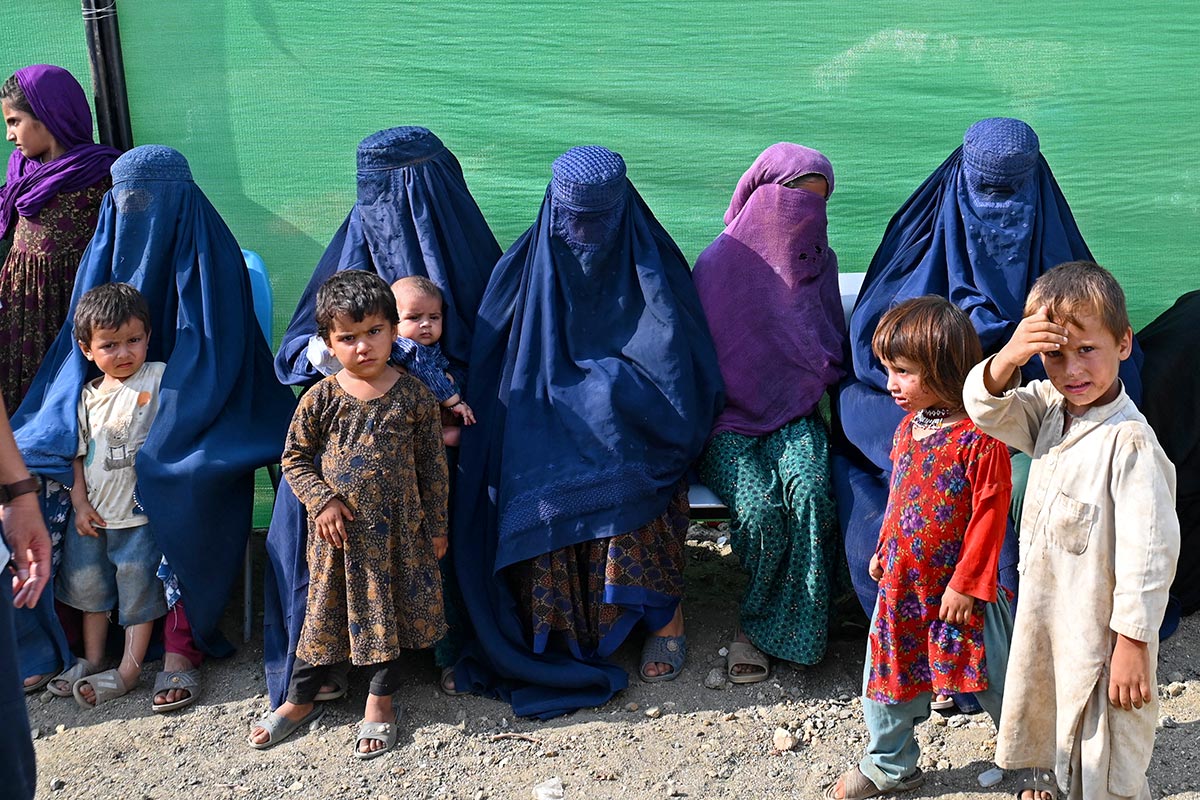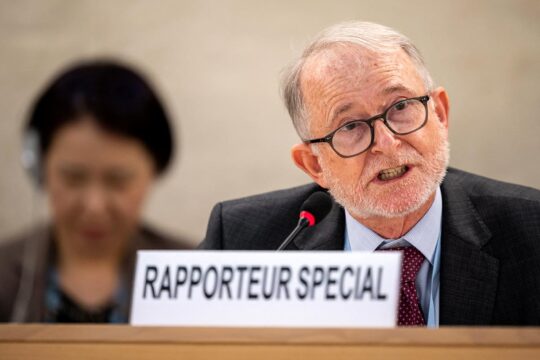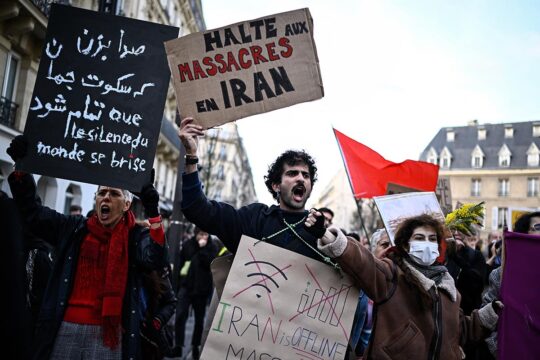
There is no shortage of initiatives and announcements regarding justice for the many serious crimes committed in Afghanistan over at least the past 25 years, including the gender apartheid suffered by Afghan women since the Taliban returned to power. Plans for an international and independent inquiry mechanism at the UN level (still on paper), the organization of a people's tribunal last July (with symbolic impact), threats (without follow-through) by four Western states to sue the Afghan state before the International Court of Justice (ICJ), arrest warrants (without much hope) from the International Criminal Court (ICC), and limited use of universal jurisdiction (unlike in Syria): Shaharzad Akbar, executive director of Rawadari, an Afghan human rights organization, and a visiting scholar at Wolfson College, Oxford, goes through these many avenues of justice and tells our partners at Asymmetrical Haircuts what’s it’s all about, why it still matters and how she deals with the disappointment and frustration.
 ASYMMETRICAL HAIRCUTS
ASYMMETRICAL HAIRCUTS
This podcast has been published as part of a partnership between Justice Info and Asymmetrical Haircuts, a podcast on international justice produced from The Hague by journalists Janet Anderson and Stephanie van den Berg, who retain full control and independence over the contents of the podcast.






